Troubleshooting ? Basement Sewer Smell

I Can?t Get Rid of the Sewer Smell in My Basement, Basement Smells Like Sewage
This is definitely a question we hear fairly frequently and most times it?s relatively easy to troubleshoot when the basement smells like sewage. The very first question you should ask yourself or a potential customer is ?do you have a floor drain in your basement?? If your basement smells, it?s likely that there is a sewer gas mishap. Why you may ask? Hopefully, this article can clear up just that up; the smell isn?t necessarily coming from a bathroom urine, a sink, a shower, or outside. Learn how to stop and prevent the smell from worsening in your house and educate yourself on the effects of sewer gas smell.
If there is a floor drain in the basement and it is unfinished it is likely they?re to receive condensate water from the furnace. Quite often that is the only water that drains ever receive.
So if there is a floor drain and it?s getting very little use the trap serving, the drain may have dried out. If this proves to be the case mix a little bit of Mr. Clean or a household cleaner that gives off a fresh scent with a gallon or so of water. This will do two things, prime the trap and clean out any nasty water that may have been laying stagnant in the trap.
That brings us to the second question and it definitely ties into the first, is there an ejector pit and pump in the basement? If you have a basement and you have an overhead sewer you should have two pits in your basement. One pit with a sump pump to handle ground water and one pit with an ejector and a sealed cover to take care of ANY waste water. Including condensate water.
It is code to have a gas-tight sealed lid and the pit should be vented. We should back up for a second. Because most ejector pits only receive condensate waste, home builders frequently put in sump pumps without a sealed lid.
If you have an ejector pit and it is receiving waste water from a laundry, basement bath, kitchen, etc. and it doesn?t have a sealed lid or vent piping there is a strong possibility that the pit is the origin. So if you find this is the culprit these are the things you need to do to fix the problem.
Purchase an ejector pump
Purchase an ejector pump
Zoeller 267-0001 M267 Waste-Mate Sewage Pump, 1/2 Horsepower, 115V
1/2 HP submersible sewage pump, 100% factory testedAutomatic model with integral float switch2″ NPT discharge, passes 2″ spherical solids
Buy on Amazon
Purchase an ejector lid with a seal kit. Ejector pits come with two holes; one for the waste discharge and one for the vent. (Try and find a lid that fits your pit. Most times the edge of the pit needs to be modified for the new lid to fit.)
Seal the ejector pit and install the vent piping and tie-in to a vent line overhead.
Purchase an ejector lid with a seal kit. Ejector pits come with two holes; one for the waste discharge and one for the vent. (Try and find a lid that fits your pit. Most times the edge of the pit needs to be modified for the new lid to fit.)
Seal the ejector pit and install the vent piping and tie-in to a vent line overhead.
Not the ejector pump, not a floor drain?
So you?ve checked those two things out and there is still a smell in your basement? The next question we would ask is ?Are there any plumbing fixtures in the basement?? For example, a laundry room, basement bath or basement toilet bowl under the sewer line. These groups of fixtures should be vented like any other, we?ve seen plenty of basements vented into the wall and that vent ties into nothing.
The open vent can be the cause of the sewer smell. We have also seen vents for bathrooms and kitchens on the main floors, not tied-in, this sewer gas smell can make it?s way to the basement. If the smell can?t be tied to a basement fixture then a peppermint test can be performed.
If it is none of the above you may have a broken sewer line. How would you know or how should someone diagnose the problem? If a sewer line is broken the brackish water is leeching into the ground somewhere. What receives ground water from the area around the foundation?The drain tile system. The water from the drain tile system makes it?s way to the sump pit. That is usually where you will smell the sewer gas. It causes harmful damage around the drain system. ÿ
How To Build A Tile Shower: Your Ultimate DIY Guide
If you?re remodeling your bathroom, you might be thinking about building a tile shower. Many people hire professionals to tile their showers, but depending on the project, your budget, and your timeline, you can learn how to build a tile shower and install it on your own.
How to Diagnose the Sewer Line Being Broken
You have to purchase leak tracing dye. Has anyone here seen pictures of the way the City of Chicago dyes the Chicago River green on St. Patrick?s day? They are using a biodegradable fluorescent tracing dye.
Trace-A-Leak makes dyes in myriad colors. Anyway?.the plumbing tech or homeowner should fill up a bathtub and put some of the tablets in the tub or dump some of the tablets in a toilet. Release the water from the tub or begin flushing the toilet. If there is a leak, the dyed water will leech its way into the soil and make its way back to the sump pit. This may take some time but it isn?t uncommon.
Sewage Smell In Basement ? Conclusion
As always we hope you enjoyed the article about troubleshooting your basement sewer smell. I hope this does help you stop smelling gross basement sewer gas. If there is anything our readership would like to add about the sewage smell in basement problems feel free to leave a comment. They are always welcome.
Last update on 2021-03-29 at 07:57 / Affiliate links / Images from Amazon Product Advertising API
This post first appeared on http://www.theplumbinginfo.com
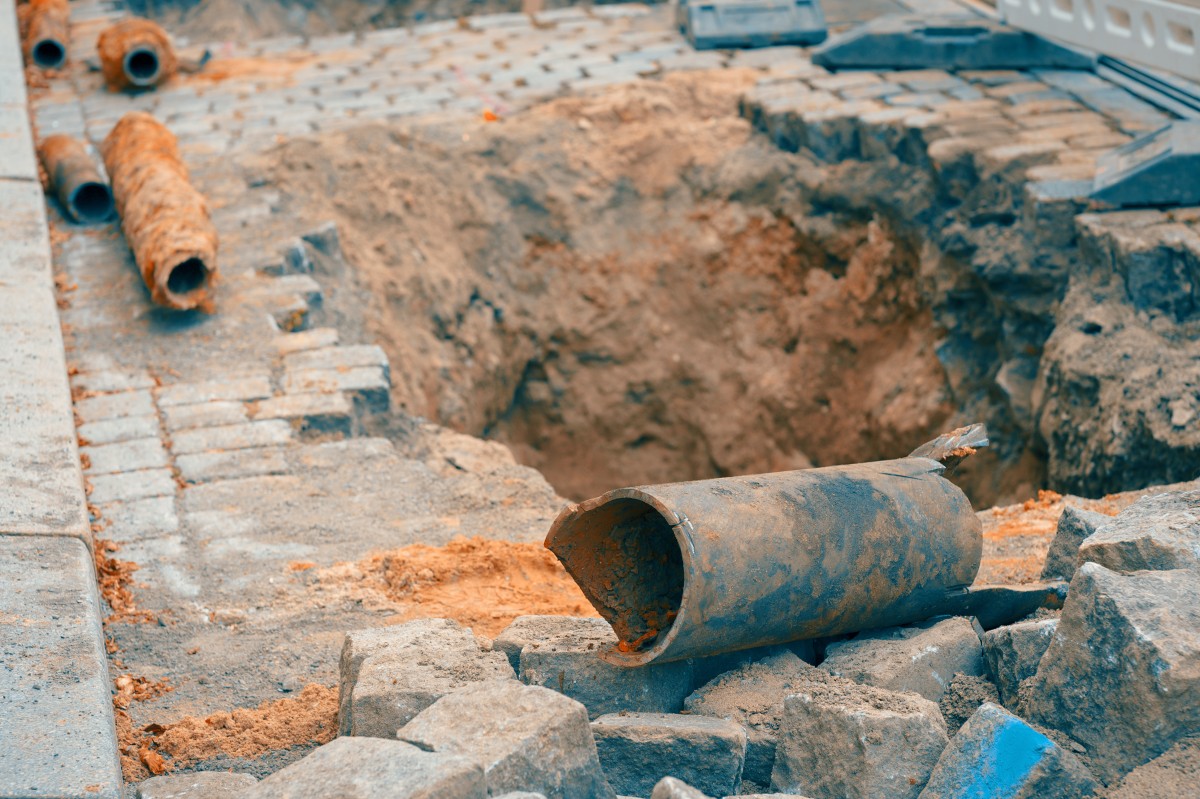
 If you’re on the market for a new water heater system, then the main thing you need to decide is if you’re going to go for a tank or tankless model. Most people in our area go for a tank water heater system. This is more than likely what you’ve got at home right now. When it’s time to upgrade, most homeowners only consider getting an updated version of their current system. We want you to know that this isn’t your only option.
If you’re on the market for a new water heater system, then the main thing you need to decide is if you’re going to go for a tank or tankless model. Most people in our area go for a tank water heater system. This is more than likely what you’ve got at home right now. When it’s time to upgrade, most homeowners only consider getting an updated version of their current system. We want you to know that this isn’t your only option.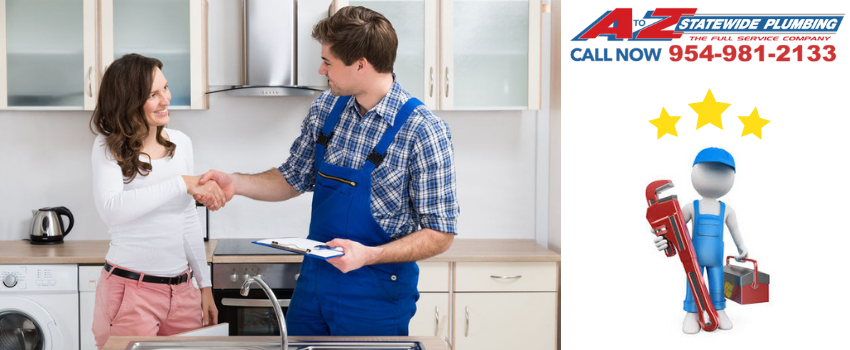

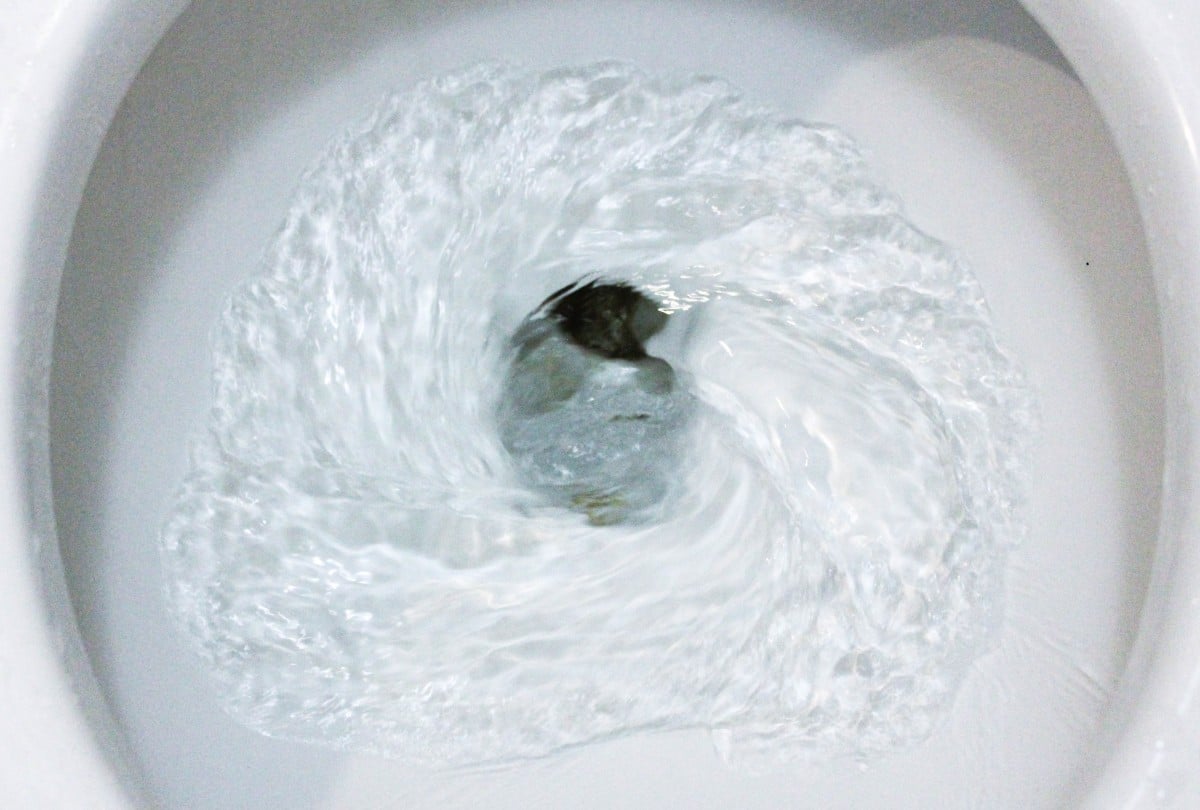
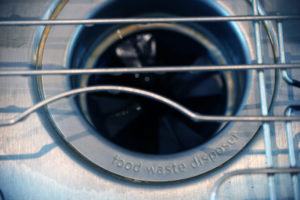
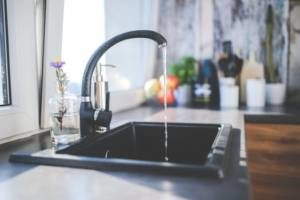 Garbage disposals are the power horse of the average kitchen. They suck away food waste, slurp up flat soda, and in general help make homes a little less wasteful and a little more eco-friendly.
Garbage disposals are the power horse of the average kitchen. They suck away food waste, slurp up flat soda, and in general help make homes a little less wasteful and a little more eco-friendly.